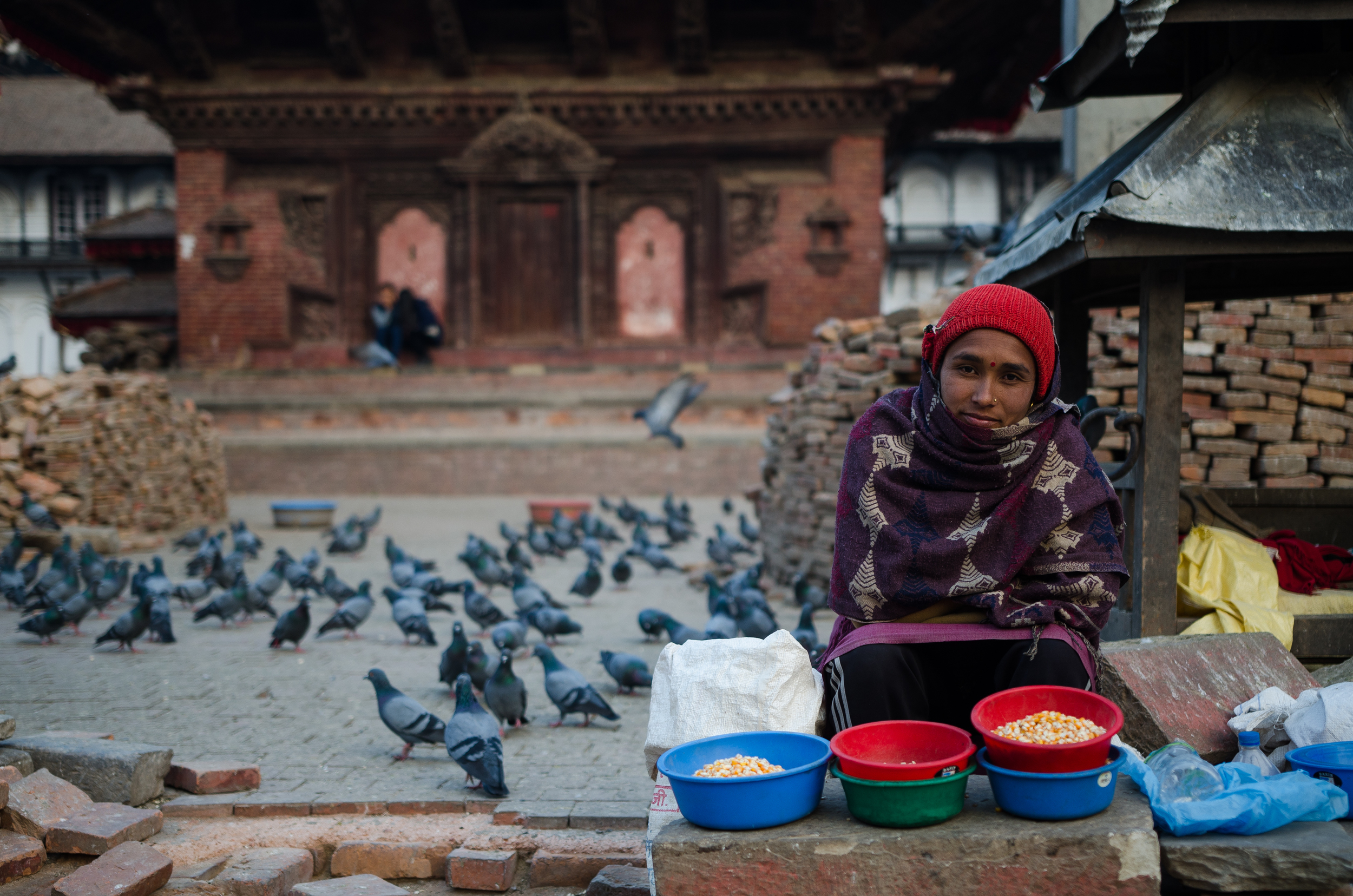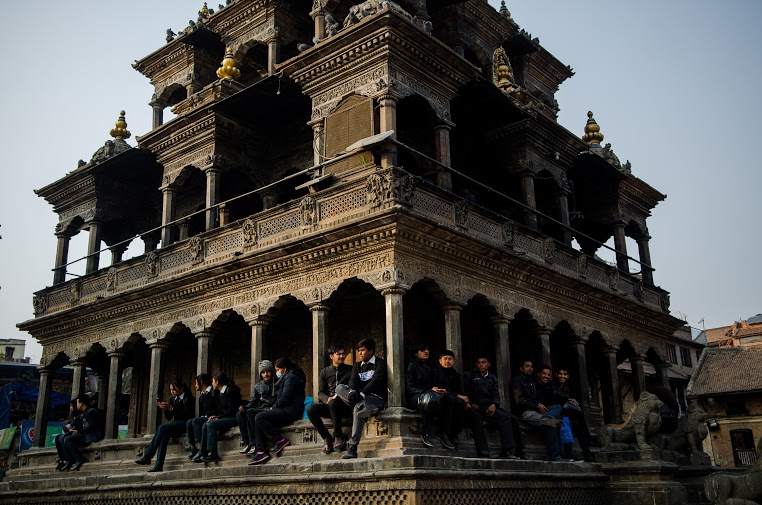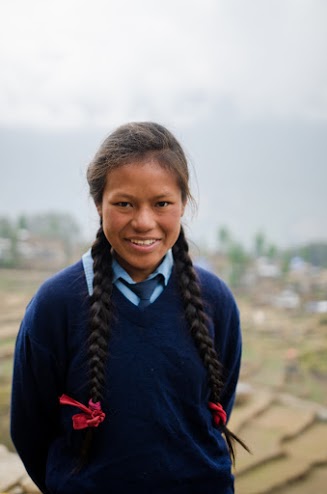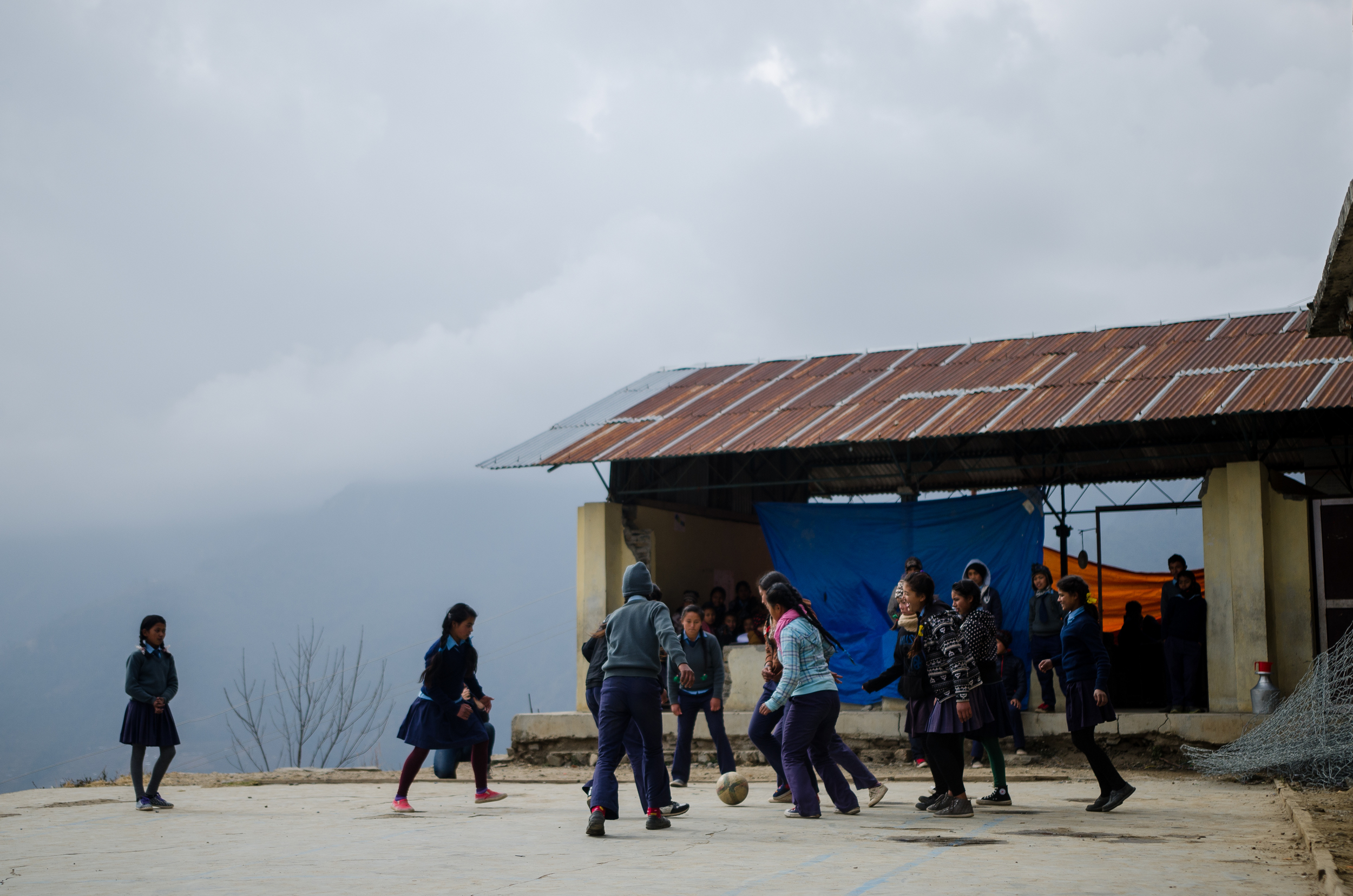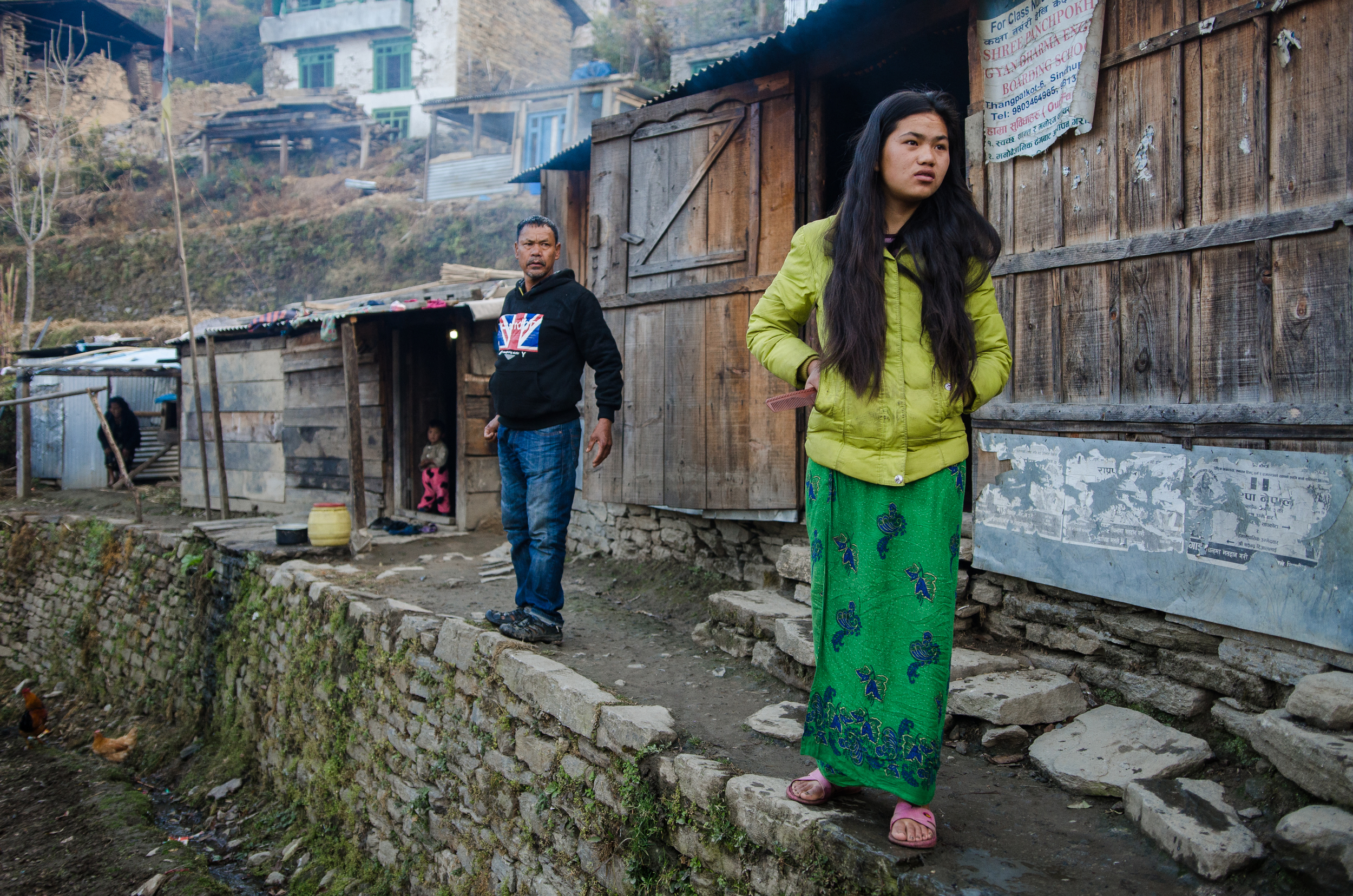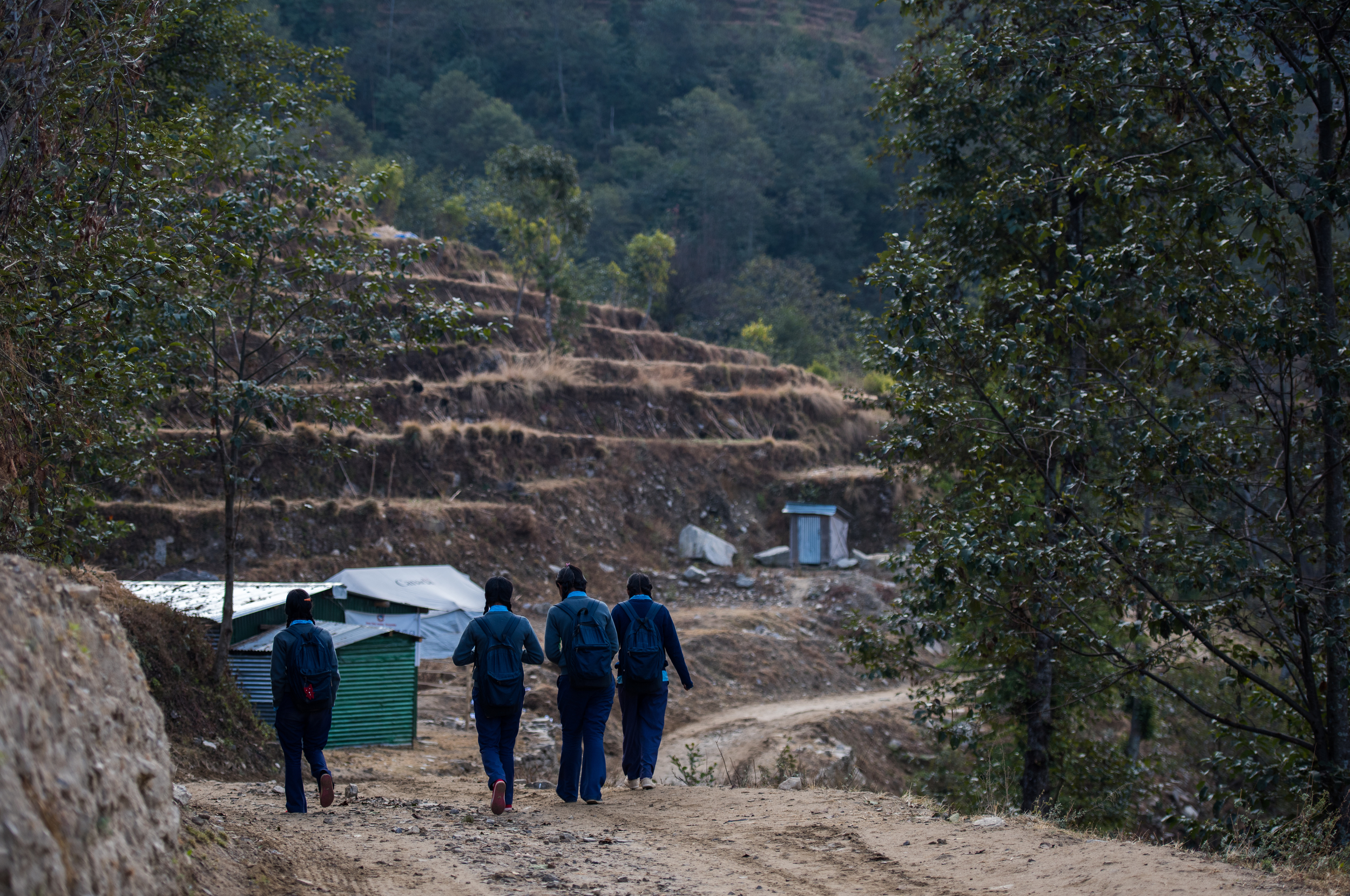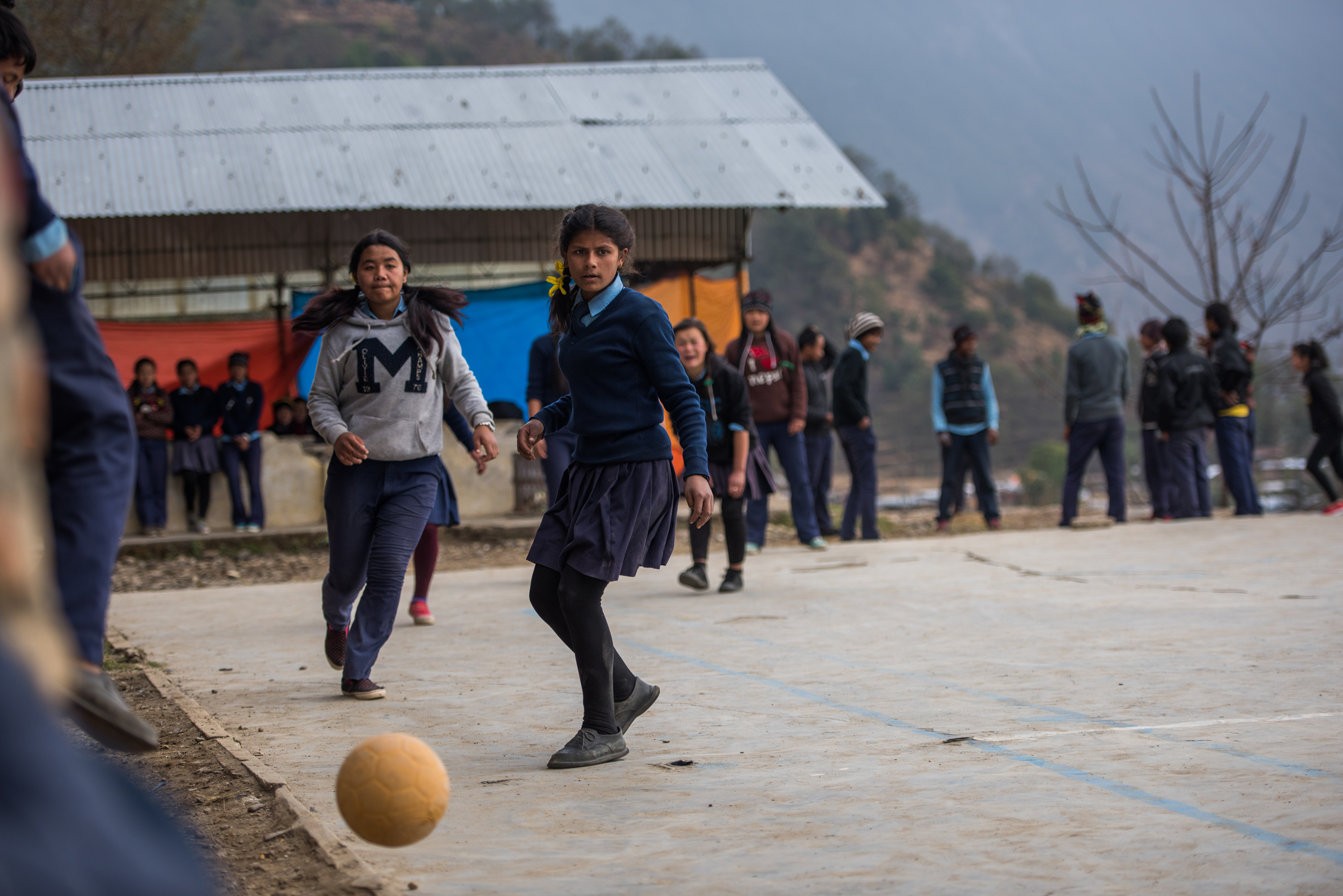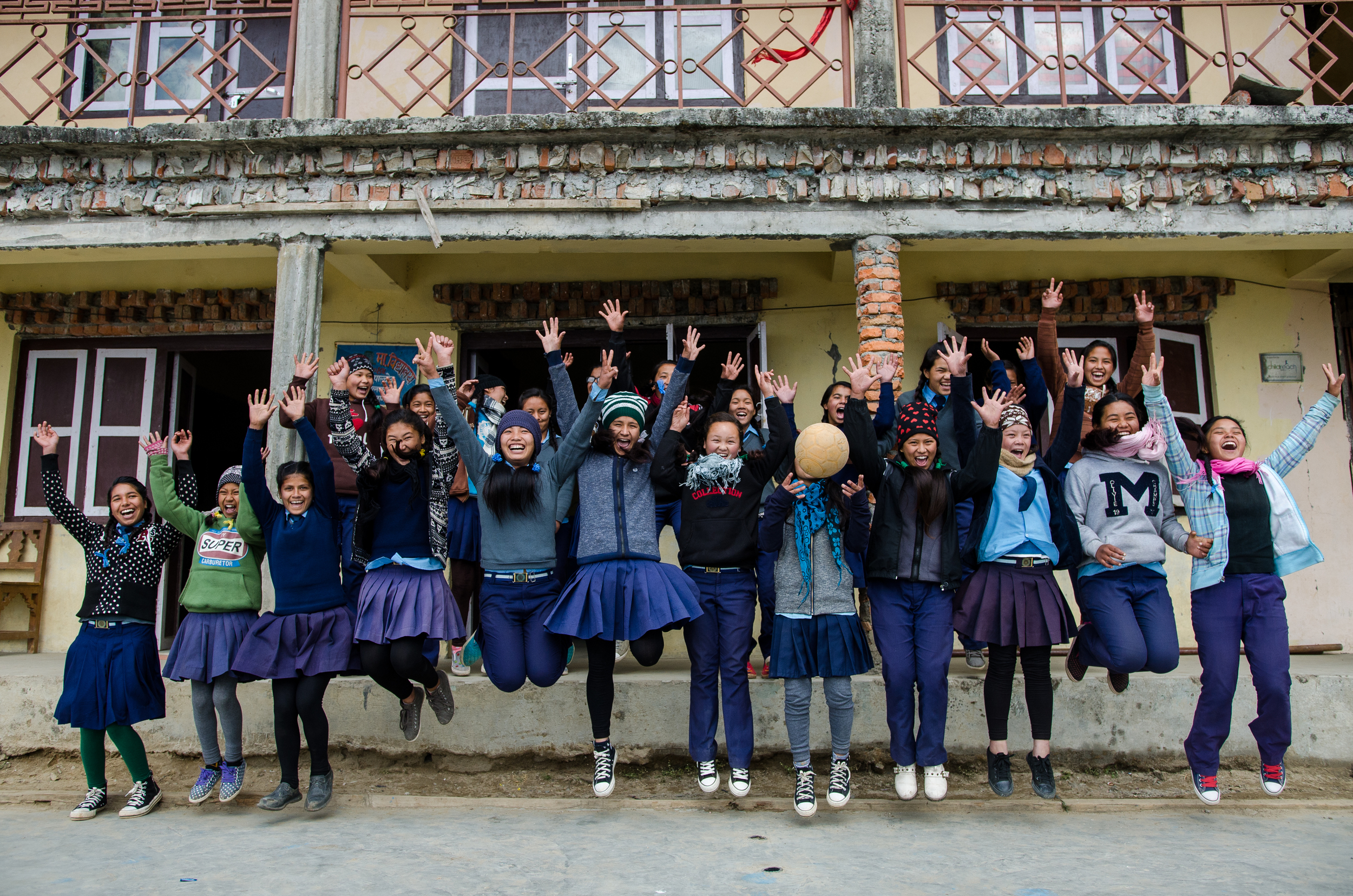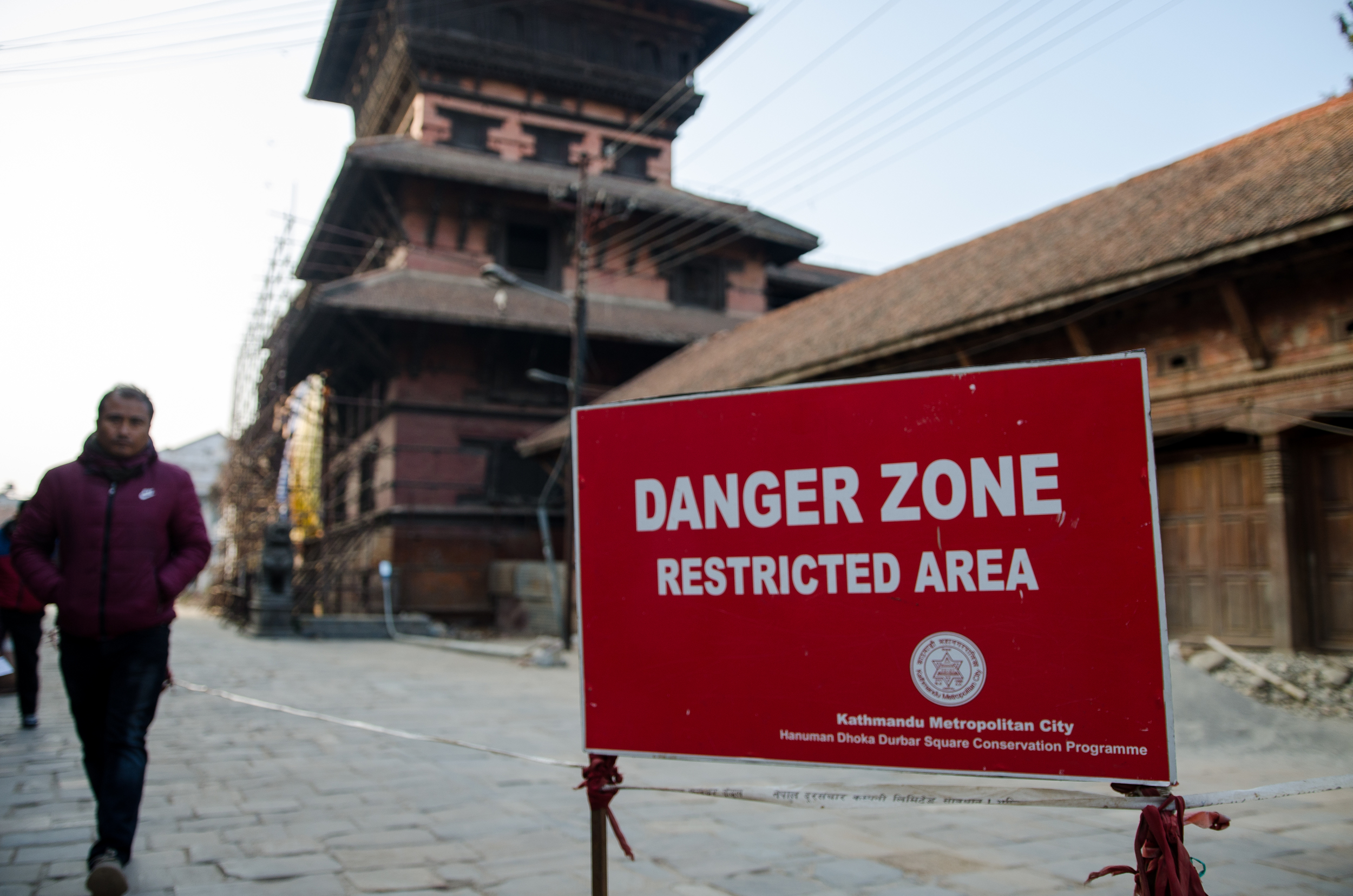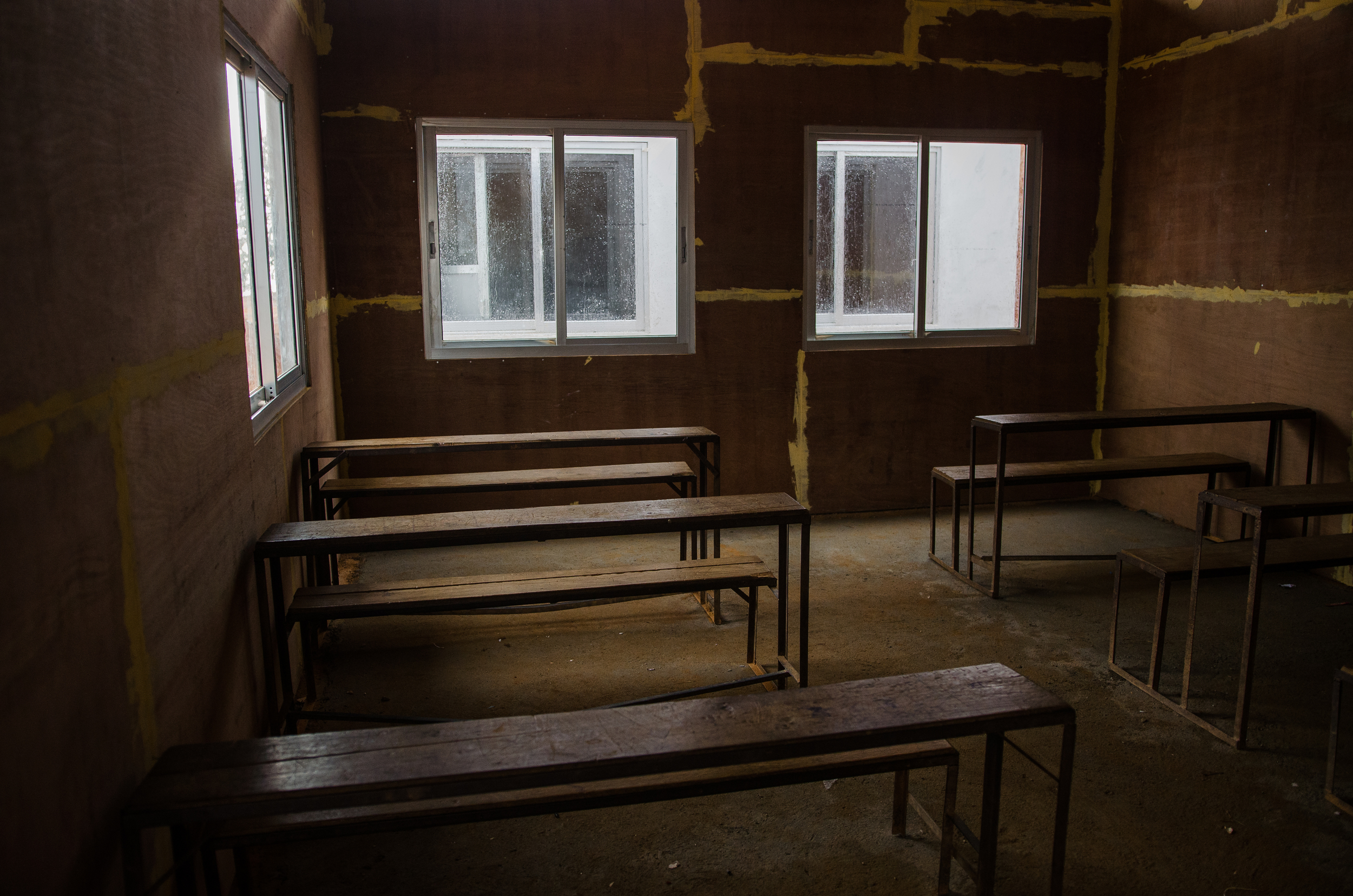NEPAL
Our last stop is Nepal. We had the chance to travel to several locations, including Kathmandu (the capital), the eastern border town of Kakarbhitta, the Sindhupalchowk district, and Pokhara. We were honored to speak with students and teachers, activists and organizations, on the obstacles they have faced since the April 2015 earthquake and the strides they hope to make for girls and women across the country.
TEASER
PHOTOS OF THE DAY
Follow us on social media to stay up to date as we show you photos from Kathmandu, Kakarbhitta, Sindhupalchowk, and Pokhara.
CLICK ON EACH PHOTO AND HOVER YOUR MOUSE TO READ THE CAPTIONS
Nepal | After the Earthquake
In January 2016, GIRLWITHABOOK Movement had the privilege of meeting with various organizations and individuals in Nepal to ask specifically how schools were recovering from the earthquakes that struck the country in April and May of 2015.
Nepal: Football training helps girls stay in school
Al Jazeera English published our photo essay about a school run by Childreach Nepal in a village called Thangpalkot. With the help of Coaches Across Continents, the school is encouraging girls to play football. As a result, female students are more confident and more likely to stay in school. You can see our entire photo essay here.
After the Earthquake
Much of Kathmandu's historic Darbar Square was destroyed from the earthquake, with rubble still not cleared almost a year later. Amongst the destruction, life and businesses continue for Kathmandu's residents.
Images of a classroom, after the earthquake and after construction, in a mountainous district north of Kathmandu. The school sustained serious damages and had to be rebuilt from scratch.
This school in the mountainous district of Kiwool was closed for two months after the earthquake. They lost 17 students and 30 are now disabled. Many girls leave school after 8th grade to go work in Gulf countries such as the United Arab Emirates or Qatar. One teacher told us she tries to convince parents to keep their daughters in school, but in this villages, "money is everything." For many families, sending their daughters to work abroad rather is the only way they think they can survive.

